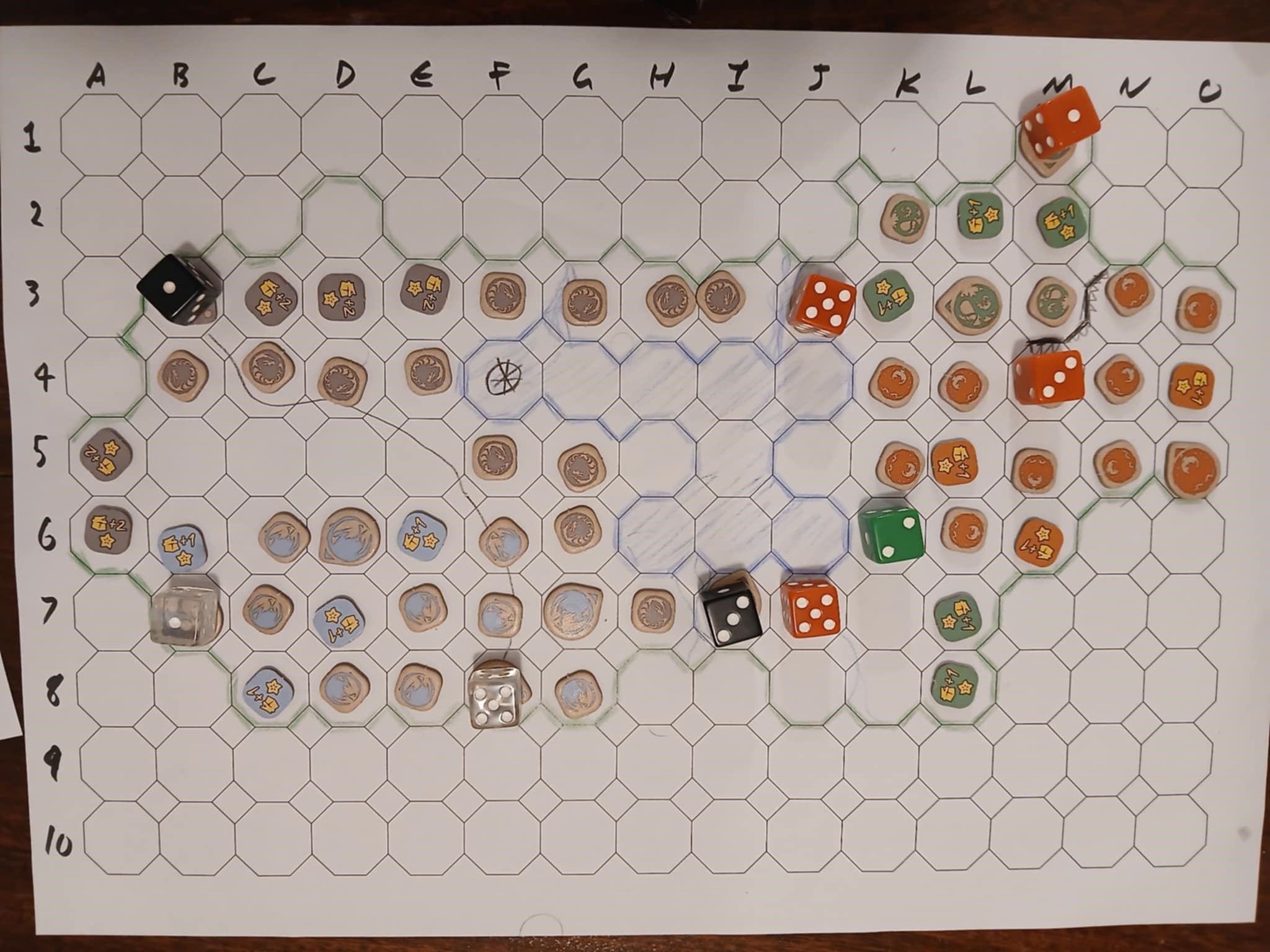
31st of May 2025
Ask someone to “describe a character” and they may struggle. Ask someone to “describe a spellcaster in a fantasy setting” and they may suddenly find their task to be significantly easier. This is despite the fact that “a spellcaster in a fantasy setting” still fits within the remit of “describe a character”. This phenomena is particularly common in my other area of interest: Improv.
In Improv, performers frequently get an “ask for” from audience members. An “ask for” is a kind of prompt question, the answer to which inspires the scene that gets performed. Improvisors do this for two reasons. 1. Because it shows that the performance is improvised and not pre-planned, because how can we possibly know what this audience member was going to respond to our question; and 2. Because starting a performance with no direction is inordinately more difficult than having a starting point from which to jump off from. Quite frequently, truly “open” scenes (especially with newer improvisors) will start with performers awkwardly sizing each other up with small lines to work out what the scene is, where it is set, and where it could be going from here. These scenes often have a very similar “feeling” to them, and can be quite generic because of how they were begun. Advanced improvisors are far better at almost immediately establishing these details, with very little of the awkwardness at the beginning, and can go in some very unusual directions.
My theory is that our struggle with “open” prompts has to do with the way in which our memory and imagination works. When we imagine things, in general we are piecing together elements from our memory into our imagination. Describing “a warm fire in the cozy tavern” has us recall experiences of warmth, being by fires, and our view of what cozy is, and placing all of these together to imagine the description. Semantic cues clue our brains in to what kind of memories we should be recalling. A prompt to “play a character” or “start a scene” is too generic. It doesn’t give our brains a cue for what kind of memories to recall, and so we’re stuck and unable to imagine anything. Adding detail – “a spellcaster in a fantasy setting”, “a scene between two twins that hate each other” – gives our brains cues from which we can piece together and imagine some example of the thing that has been asked for, and makes it far easier to answer the prompt. Advanced role players or improvisors can frequently create interesting and advanced characters from little prompting, but this tends to be the exception rather than the norm.
To address this issue, many TTRPG’s offer prompts to help players build out their character. At times this is through things like class and ancestry decisions in 5e/pathfinder, but can also come from elements like the “bonds”, “flaws”, and “ideals” system of 5e. This system helps you to establish character influences, and comes with several tables of options that you can use directly, but I see my friends and players far more often use as inspiration from which to draw their own. Other systems may ask players specific questions about their actions or their character, and use their responses to inform the character or the world. This fantastic document by Klok Kaos outlines the importance of World Building when creating a TTRPG, and the advantages that come from having an established setting. There’s one more thing that I think is worth adding here: having a dedicated setting for your players is like having a prompt. It gives players cues to build upon and draw from that inspire their character creation. Telling players that you will be playing in a “grim dark fantasy world, where the evil mages guild has taken over rulership of the kingdom” gives far more detail for players to work with than “it’s fantasy”.
I’ve recently begun playtesting for my TTRPG (The VOW), and had players requesting prompts to inspire initial character ideas from which to role play. This is something I had planned to add to the system eventually, but was originally far far down on my priority list. However, with this feedback I’ve quickly moved them up in my considerations as something to address. Although I was surprised at the time by this feedback, in hindsight, I probably shouldn’t have been. My system is currently very open, with no established setting, as world building occurs almost entirely in system with the players as they play. While I view this as a strength of the system, I think that I need to write in at least a little more detail into session prompts to give players more idea of what is happening in each session. These small elements of worldbuilding will help give players more inspiration from which to draw both ideas for their own characters, and leapfrog them into thinking about the elements that they are also adding to the world.
A lesson learnt, and something to take away for future.